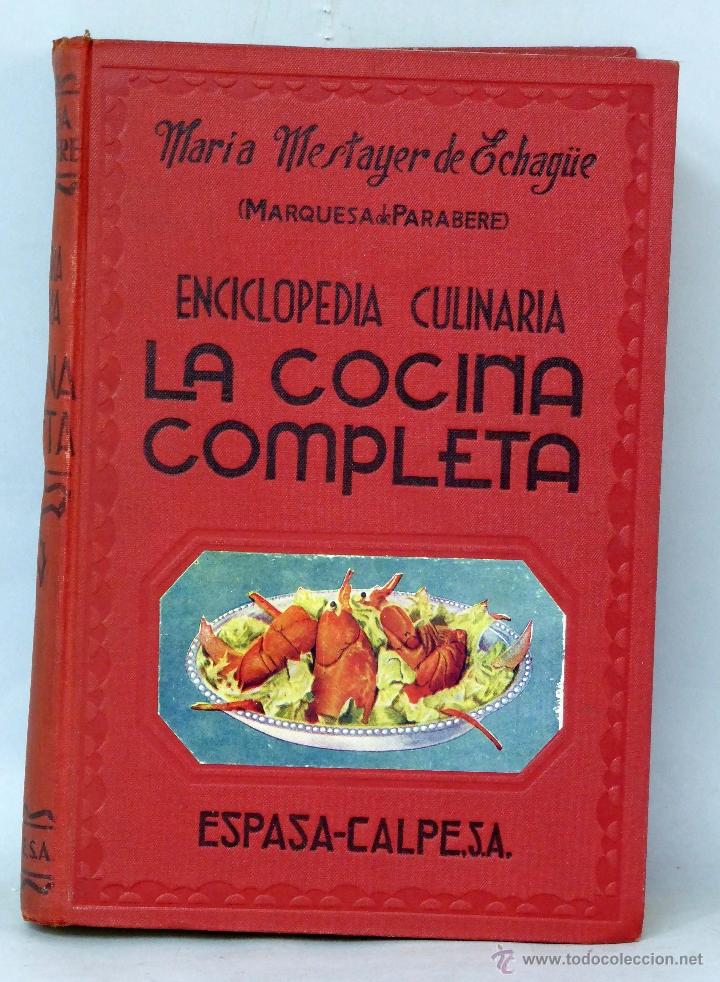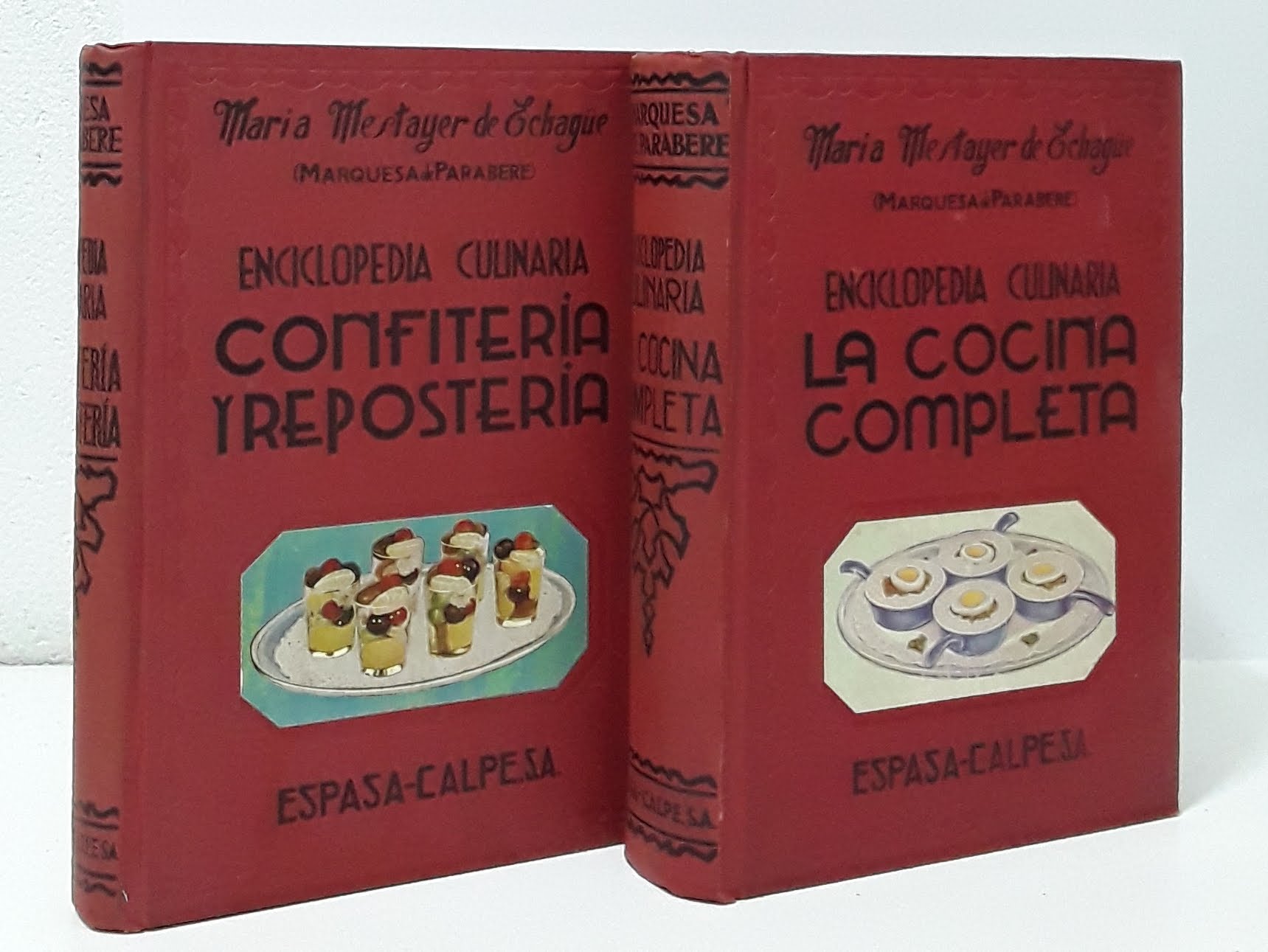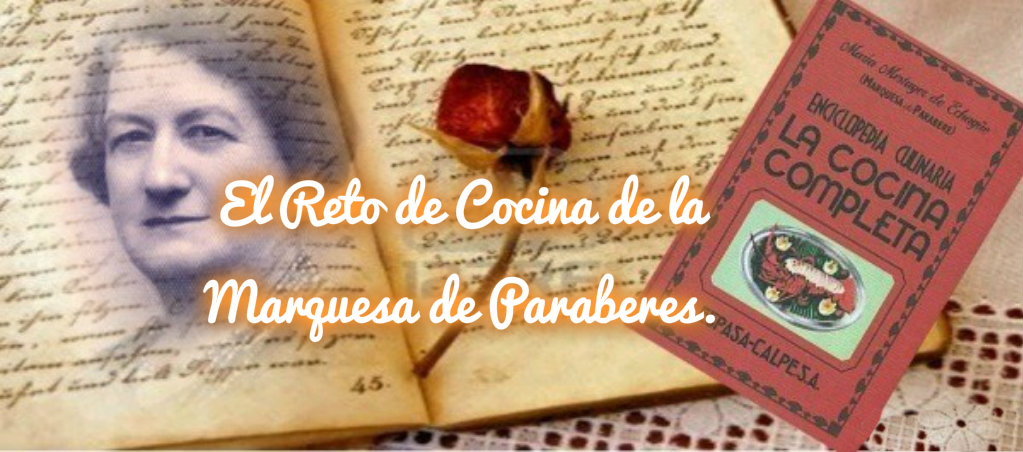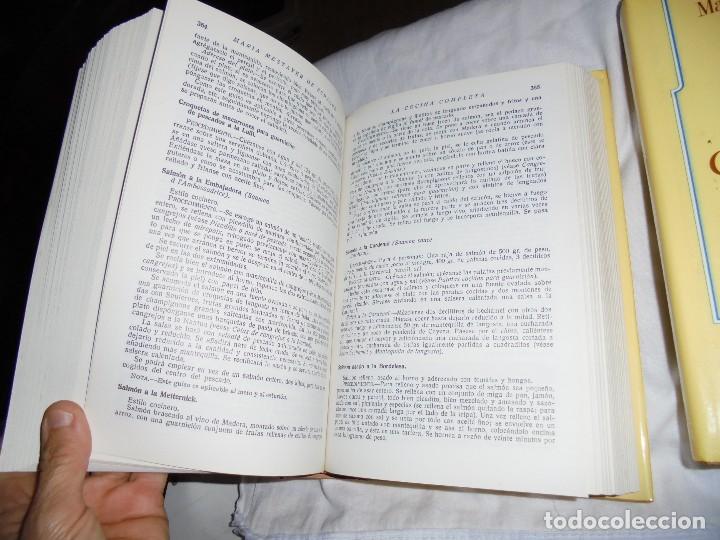


The nationalist agenda of these culinary texts comes as little surprise when we consider the importance of nation building to Spanish cultural and political life at the time of their publication. In line with this nationalist goal, all of the texts examined in this book contain strategies and rhetoric typical of nineteenth-century nation-building projects. At the same time that attempts to unify the country were being made in law and narrated in fiction, Mariano Pardo de Figueroa (1828-1918) and José Castro y Serrano (1829-96), Angel Muro Goiri (1839 - 1897), Emilia Pardo Bazán (1851-1921) and Dionisio Pérez (1872-1935) all tried to find ways of bringing Spaniards together through a common language about food. This book looks at the textual attempts to construct a national cuisine made in Spain at the turn of the last century. Lastly, the paper will conclude with a consideration of its future potential. This essay will analyze the socio-economic and cultural constraints that have prevented this community from attaining the level of territorial governance necessary to enhance the market value of Zapotitlán salt on the market but how, with the depletion of other economic options, its people are returning to the salt, with new strategies. Failure to appreciate this product has led to the abandonment of a large percentage of the saltworks that once existed. However, despite these historical and cultural factors of territorial anchorage, salters have not attained the level of organization necessary to obtain a fair value in the market. Salt has endured over the centuries as a perennial resource and constitutes a source of income for its owners. It is a resource that is deeply anchored in the identity of the inhabitants of Zapotitlán and regional cuisine. The technique to obtain salt has changed little over the past 500 years and know-how continues to be transmitted from generation to generation of salters (salineros). Salt production in Zapotitlán de las Salinas (Puebla, Mexico) dates back to pre-Hispanic times when the Popolocas inhabiting the Tehuacán Valley paid it as tribute to the Aztecs.

A transdisciplinary view is required both for comprehending the emergence and evolution over centuries of the identity-based foods and also for understanding the role they play in constructing more sustainable rural development in the future. A LAFS implies a certain spatial density and a network of mutually cooperating farms, firms and institutions, specialised in producing and marketing an identity-based food product, what can in turn be used to valorise the food identity both on the markets and also by contributing to the creation of common and public goods. Moreover, the notion of geographical and organisational proximity aligns with a socio-cultural and economic approach to collective action aiming at rural development. Debates on territorial anchorage focus on the causal factors-natural, cultural and socio-economic-that a distinctive territory imprints on the specific attributes of identity-based foods. In studies on LAFS, the concept of origin of food products is based upon a historical and bio-cultural analysis of food identity.

The present paper aims to provide a critical review with respect to the literature on Local Agro-Food Systems (LAFS) in America and Europe over the last two decades, devoted to investigating the geographies of the relationships between territory and identity-based food products. All these elements enable us to outline and contemplate the formation of the modern structure of gastronomic activity, but above all, they enrich part of its history and highlight the advisability of conducting research in a field that is so important for Spain namely gastronomy.
#LA COCINA COMPLETA DE LA MARQUESA DE PARABERE PDF PROFESSIONAL#
These findings support the existence of factors such as the desire to have a national culinary identity, the creation of the first training centres, the emergence of professional associations and the abundant production of cookery books, treatises and culinary magazines. This approach has been possible due to the discovery and analysis of unpublished testimonies of that time, mainly obtained from the general illustrated and specialised trade press as well as treatises written by cooks and writers of the period and the contemporary literature on the subject. It does so assuming that the modernisation process of Spain’s gastronomy transpired during these years, which is the same period recognised for when modernity emerged in other areas. This article discusses the gastronomic activity that took place in Spain between 19.


 0 kommentar(er)
0 kommentar(er)
